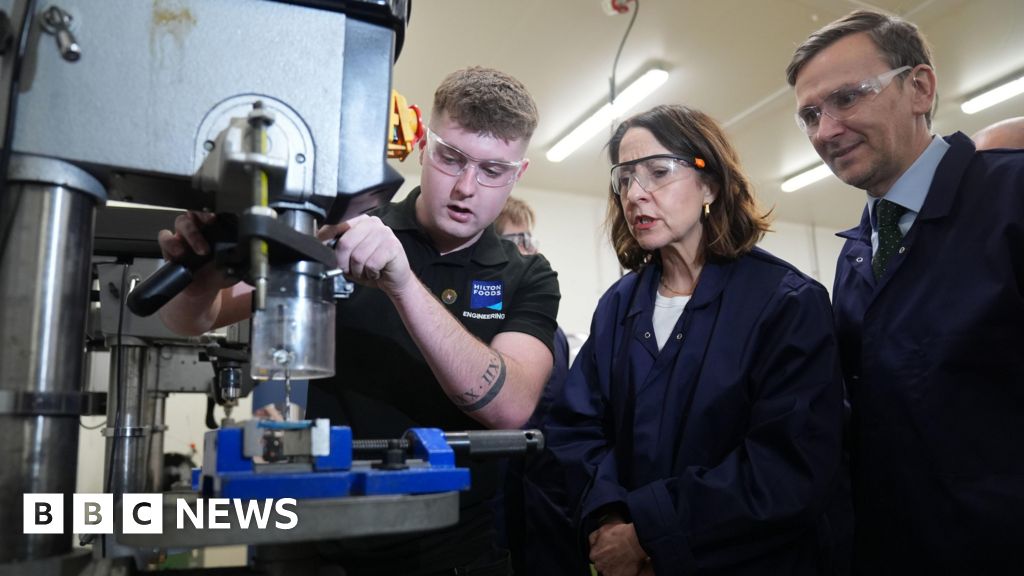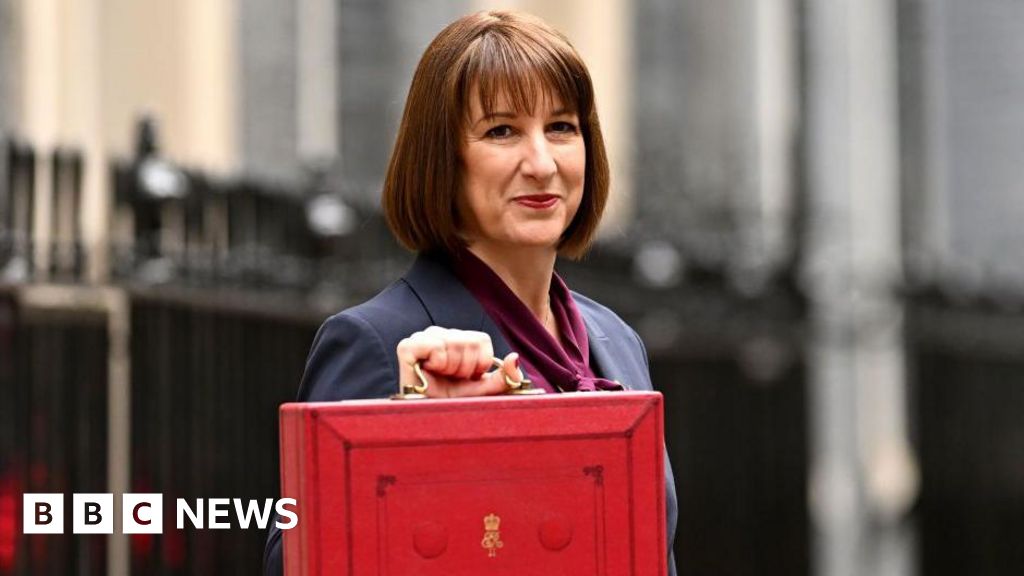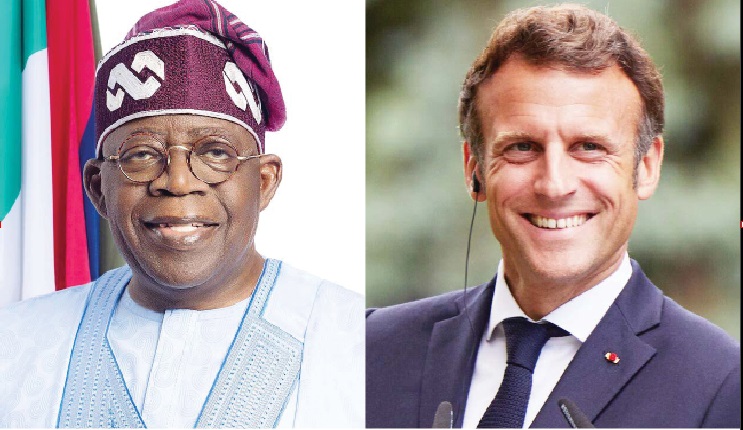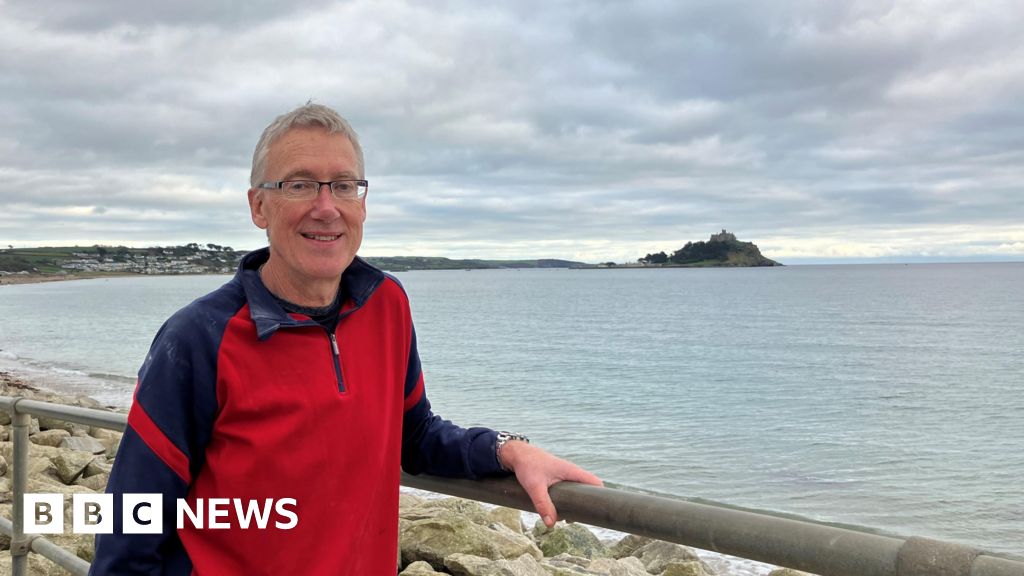The Economic Community of West African States (ECOWAS) and Plan International, an international non-governmental organisation, have signed a new Memorandum of Understanding (MoU) to address issues affecting girls and young women, especially in the West African region, between 2024 and 2027.
This new MoU replaces an earlier one, which was also for three years. At the signing ceremony, which took place at the ECOWAS Commission in Abuja, the commission’s president, Dr Omar Alieu Touray, highlighted that the MoU “seeks to strengthen the collaboration between the Commission and Plan International.”
He further emphasised that the track record of collaboration between the two bodies speaks for itself. “We have been working together for several years, with a lot of documents and protocols that have been developed together, validated, and some of them being implemented.”
He advised that while the new MoU seeks to strengthen the existing relationship, “collaboration should focus more on implementing what is on the ground. Together, we have developed many instruments and resources. When fully implemented, they can help address some of the challenges our communities face.”
Also, the regional director of Plan International for the West and Central Africa region, Alasan Senghore, who signed on behalf of Plan International, applauded ECOWAS for its continuous support for girls, women and young people’s empowerment in the region and assured him of Plan International’s commitment to the MoU’s mandate.
According to Senghore, the new three-year MoU “Will enable both ECOWAS and Plan International to focus more on delivering results for the benefit of women and girls in the region. We look forward to this partnership enhancing the prospect of results in the efforts at resolving issues affecting girls.”
He noted that this MoU covers an agreement on implementing earlier commitments and resources developed from the previous MoU. It also covers commitments to work in other areas of agriculture, economy, education, and technology.
The new pact committed to addressing cultural issues impacting girls and young women, women’s rights, and joint programmes on cross-border issues.

 2 hours ago
1
2 hours ago
1






![[ICYMI] No N500m missing from customer’s account, says Access Bank](https://cdn.punchng.com/wp-content/uploads/2018/09/14183604/20180707-DSC_0077new.jpg)







 English (US) ·
English (US) ·